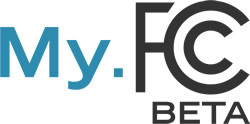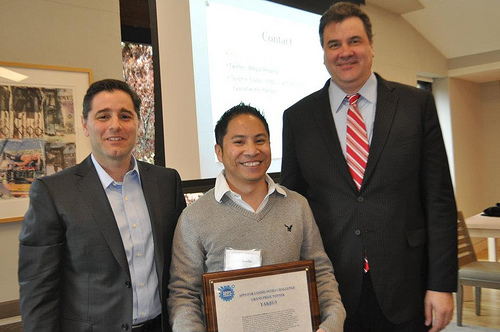New Features and Enhancements for FCC.gov
February 14th, 2012
Expanding Broadband and Protecting Voice Service in Rural America
February 8th, 2012
Smart Government Fixes for Lifeline
February 7th, 2012
Understanding Maps at the Federal Communications Commission
February 3rd, 2012
FCC Chairman: Digital Textbooks to All Students in Five Years
February 3rd, 2012
New Year Solutions for Rural Call Completion Problems
January 5th, 2012
Introducing MyFCC Beta
December 20th, 2011
FCC/SBA/SCORE Small Business and Broadband Conference
December 16th, 2011
Apps for Communities Challenge Winners Announced
December 15th, 2011
Low-Cost Broadband, Computers for Millions of Students, Families
December 14th, 2011






 Wednesday, at the first-ever Digital Learning Day Town Hall in Washington, DC, FCC Chairman Genachowski and Secretary of Education Duncan challenged states and the education and technology industries to get digital textbooks into the hands of all students in five years. Barriers to adoption of digital textbooks include: antiquated state procurement rules, lack of device and content interoperability, and connectivity costs.
Wednesday, at the first-ever Digital Learning Day Town Hall in Washington, DC, FCC Chairman Genachowski and Secretary of Education Duncan challenged states and the education and technology industries to get digital textbooks into the hands of all students in five years. Barriers to adoption of digital textbooks include: antiquated state procurement rules, lack of device and content interoperability, and connectivity costs. 


